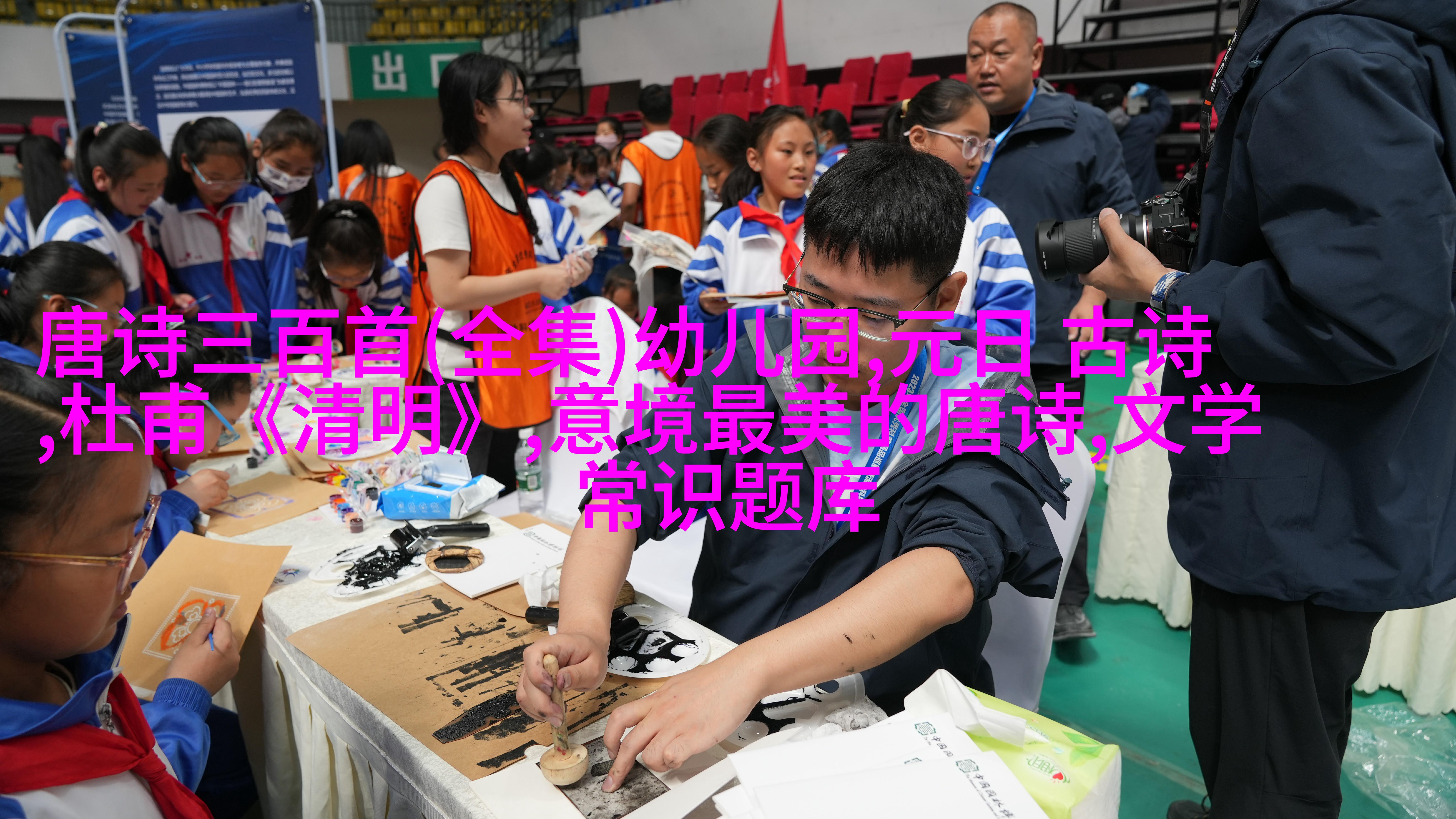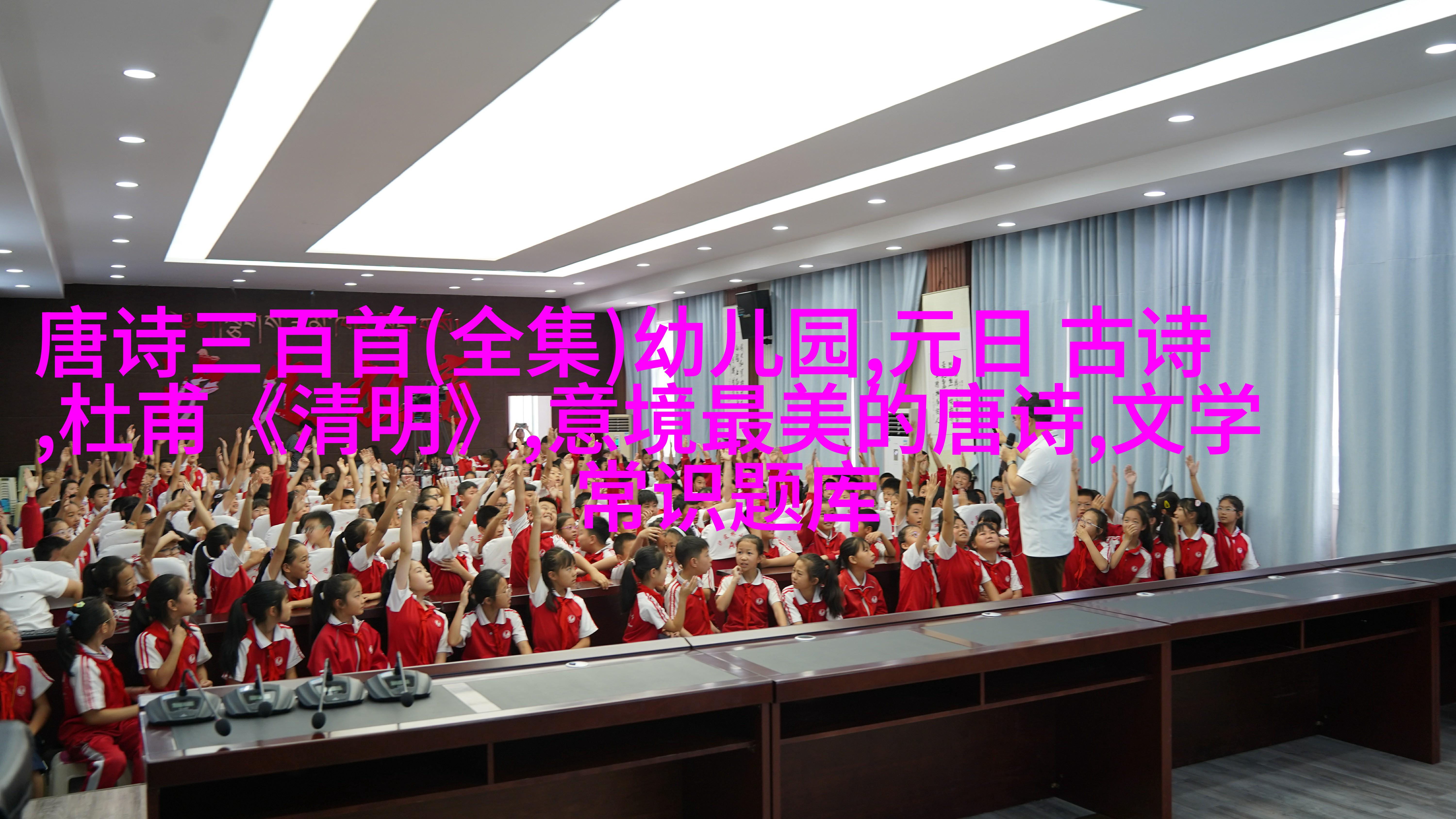余光中经典语录100句吴藻犹如一面镜子映照出人生百态
余光中经典语录100句:吴藻,清(一七九九―一八六二)女。字苹香,自号玉岑子,安徽黟县人。幼而好学,长则肆力于词,又精绘事。著有香南雪北庐集、花帘书屋诗、花帘词、读骚图曲。

生平介绍:
吴藻出身商家家庭,与大词人厉鹗的旧居邻近,她的父亲对书香风雅颇感兴趣,对她进行了优质教育,使她在诗书琴画方面都有所造诣。她因对文会中的吟诗填词生活向往,但在当时的小县城里无法实现这一愿望,因此她的诗词中流露出愁怅之情。

婚姻与感情:
吴藻最终嫁给了丝绸商黄家的儿子,但他并不懂得欣赏她的才情,只是作为丈夫对待她。在丈夫支持下,她开始结交一些红粉闺友,并通过这些关系结识了一些真正的文人才士,他们对她的作品赞不绝口,这让她感到心满意足。

文坛上的存在:
生活在那些情趣高雅的大吟诗词文化中间,吴藻如鱼得水,不仅活跃开朗,而且还被尊称为“当朝的柳永”。她与这些儒中长袍的书生一起登酒楼上画航,一同举杯畅饮、高声唱和,无拘无束地享受着文学艺术带来的快乐。

性别变换与自由:
然而,在这样的环境下,她也开始思考自己的性别身份问题。她将自己装扮成男儿模样,从此出门参加文友聚会,不但方便行动,还能参与到更广泛的社交活动。她甚至逢场作戏地与妓院里的林姑娘眉目传情,以一种假装的情侣模样。这一切都是为了追求个人的自由和自我表达。

最后,
Wu Zhao's life was a fascinating blend of literary pursuits and personal exploration. She found solace in the world of poetry and painting, but her desire for intellectual stimulation and artistic expression was not fully met in her early life. Her marriage to a silk merchant did not bring her the emotional fulfillment she craved, as her husband did not share her passion for literature.
However, Wu Zhao found freedom and self-expression through her relationships with other intellectuals and artists. She adopted male attire to participate more fully in these circles, even engaging in romantic banter with a courtesan named Lin.
In the end, Wu Zhao's story is one of resilience and creativity in the face of societal constraints. Despite the limitations placed on women during this time period, she managed to carve out a space for herself within the literary world through sheer force of will and talent.